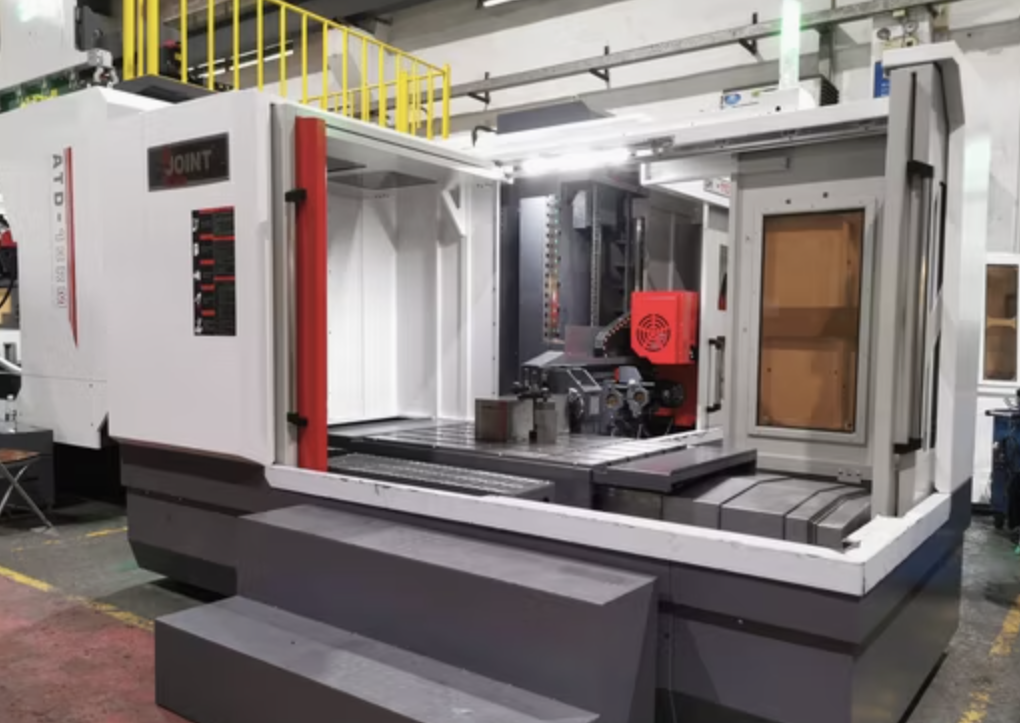
Posted on Wednesday, October 9, 2024
South Africa’s metal fabrication industry is a cornerstone of its economy, supporting infrastructure, automotive, construction, and energy sectors. From large-scale industrial applications to bespoke projects, metal fabrication relies on advanced machinery to meet diverse demands.
CNC (Computer Numerical Control) machines automate machining processes, offering unmatched precision and repeatability. They are essential for creating intricate components used in automotive, aerospace, and construction industries.
A plasma cutter uses ionized gas to cut through conductive metals like steel, aluminum, and copper. These machines excel in creating precise, smooth edges.
Welding machines join metals through heat or pressure, forming strong bonds essential in manufacturing and construction.
Press brakes are used to bend metal sheets into specific shapes, making them indispensable for architectural components and custom parts.
Metal shears cut large sheets of metal into smaller, manageable sizes without generating heat.
These machines bend pipes and tubes without compromising their structural integrity.
Surface grinders are used to achieve a smooth finish on metal surfaces.
Automated welding systems integrate robotics to perform high-precision welds, particularly in repetitive manufacturing tasks.
These machines roll sheets or plates into cylindrical or curved shapes, vital for tanks, silos, and ducting.
Laser cutters use high-powered lasers to cut or engrave metals with exceptional precision.
The most popular machines include CNC machines, plasma cutters, welding machines, and press brakes due to their versatility and efficiency.
Automation, through CNC and robotic systems, enhances productivity, ensures precision, and reduces operational costs.
Key industries include automotive, construction, energy, and mining.
Q: How do I choose the right machine for my metal fabrication business?
A: Consider factors like the type of projects, materials processed, and your budget. For precision and automation, CNC machines are ideal. For large-scale cutting, plasma or laser cutters are better suited.
Q: Are used machines a good option?
A: Yes, if they are well-maintained and meet your operational requirements. Inspect for wear and test functionality before purchase.
South Africa’s metal fabrication industry thrives on cutting-edge machinery like CNC machines, plasma cutters, and robotic welders. These tools empower businesses to produce high-quality, custom solutions efficiently. Investing in the right equipment is crucial to staying competitive in this dynamic market.
This guide underscores the critical role these machines play in driving South Africa’s industrial growth, offering insights for businesses aiming to expand or upgrade their capabilities.

Used Purlin Roll Forming Machines for Sale Worldwide
Posted on Sunday, January 25, 2026
Pre-Owned Roll Forming Machines for Purlin & Structural Steel Profiles

Used Roof Panel Roll Forming Machines for Sale Worldwide
Posted on Sunday, January 25, 2026
Pre-Owned Roll Forming Machines for Roofing Panel Production

Used Roll Forming Machines for Sale Worldwide
Posted on Tuesday, January 20, 2026
Pre-Owned Roll Forming Machines with Inspection, Verification & Global Support

Steel Coil Supply for Roll Forming Machines Worldwide
Posted on Tuesday, January 20, 2026
Reliable Steel Coil Supply for Roll Forming, Fabrication & Manufacturing Applications
Copyright 2026 © Machine Matcher.